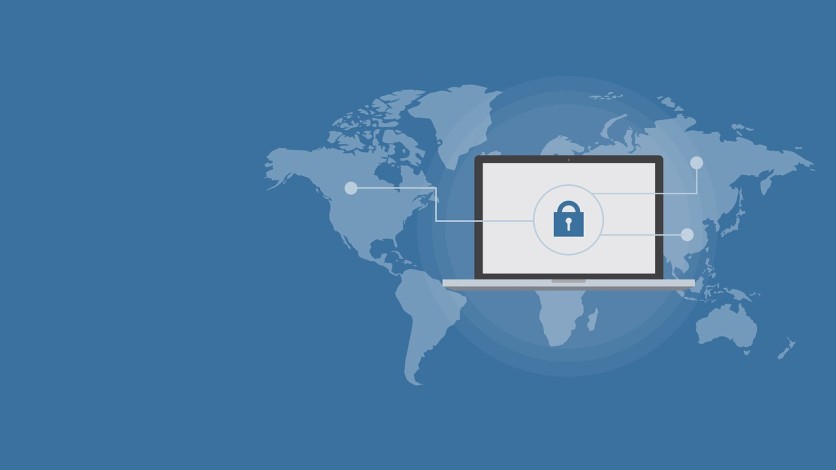
ISO 27001 refers to the International Standards Organization specification that governs information security management. Information security is important for business operations and customer interactions. Securely handle both internal data as well as data provided by customers or suppliers. To be able to handle sensitive data, your company may need ISO 27001 certification. These considerations, along with the reduction of potential costs associated with compromised data, make ISO 27001 certification a valuable option.
Data Integrity
It is crucial to maintain large data banks by ensuring the integrity of each data record. Data corruption can be costly for your company. It is hard to identify the problem and fix it. It is often necessary to carry out extensive verification. Data security systems that conform to ISO 27001 ensure data integrity and solve data corruption problems. Access controls, data organization, and backup procedures are important to maintain data sets. They also help identify suspicious data following a security breach.
Intellectual Property
Original material is a costly business expense. Companies invest a lot of money and time to create it. The material's value is derived from the restricted access it has. The company has implemented security systems under ISO 27001 procedures. These systems help to maintain control over valuable material and copyright. These systems protect company material from external copying and external access.
Privacy
Companies that store personal information are increasingly concerned about the privacy of their customers and employees. Many organizations have failed to secure personal data properly, leading to legislation in many countries. It is much easier to secure personal data, control access, and destroy it securely when it is not needed. Your company can reduce the risk of being sued and protect your customers' privacy by following the ISO 27001 guidelines.
Certification Requirements
Data service buyers, in general, and data service purchasers in particular, want to know that they will be dealing with companies that have a consistent approach to data security. Because data security can harm their performance, they are particularly concerned about purchasing data-related services. Certified companies for ISO 27001 can show documentation that they have implemented, tested, and documented data security systems. They can also provide detailed documentation about their systems, which was required to be certified.
Retaining clients
Customers and other stakeholders are more concerned about how sensitive and important information is handled. Data breaches pose high risks. Customers cannot trust you to keep their data safe. This assurance is provided by ISO 27001 certification. This certification will allow you to retain customers and provide you with a competitive edge when you pursue new business.
Avoiding Fines
Global companies are likely to do business, which can impose severe fines for data breaches. You could be subject to up to a 4 percent fine under GDPR for each year of security breaches. A large fine can be devastating, but even a small warning or fine could damage your company's reputation.
Improved Process
The ISO 27001 process will improve security documentation. It will also ensure that your staff has clear procedures to protect data. You will need to establish the necessary procedures for change management, testing, development, operations environments, malware controls, data backup, and code writing. ISO 27001 is a certification that you have prepared for all possible attacks and have a business continuity program in place.
Commercial and Legal Responsibilities
Your company will be subject to contractual and regulatory obligations regarding the data it stores for customers. You must document your organization's approach to these obligations under ISO 27001. This will let stakeholders know that the company is future-proofed.
Certification Process
It can take several years to get ISO 27001 certified. There are many stakeholders involved, both internally and externally. A formal approach is required. Before you can begin the certification process, your ISMS must have been fully developed and covered all risk areas. Before and during the certification process, you must establish trust. There are three phases to the certification process.
An ISMS certification body is hired to review the ISMS. This body will search for primary documentation.
The certification body performs a more thorough audit. This phase checks the ISMS against individual ISO 27001 parts. All policies and procedures must be documented. An auditor will assess whether the organization has received its certification.
You must ensure compliance. To ensure compliance, the certification body will schedule follow-up audits.
ⓒ 2025 TECHTIMES.com All rights reserved. Do not reproduce without permission.




